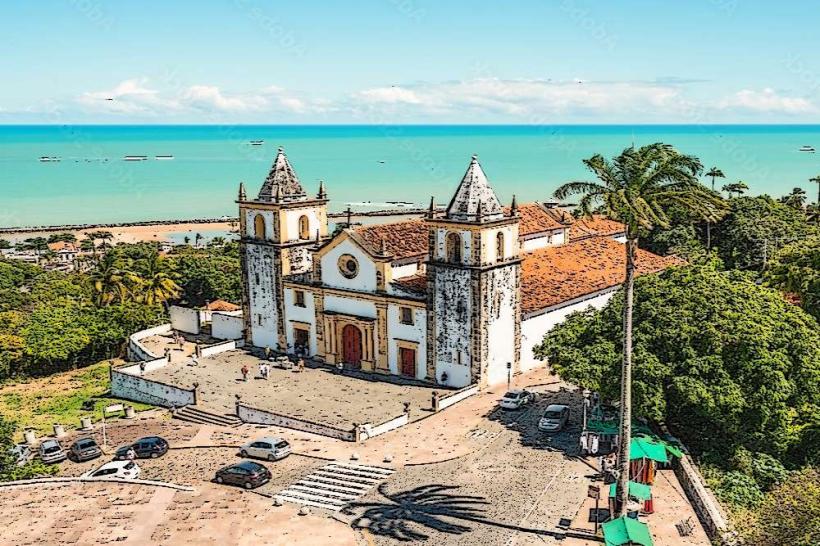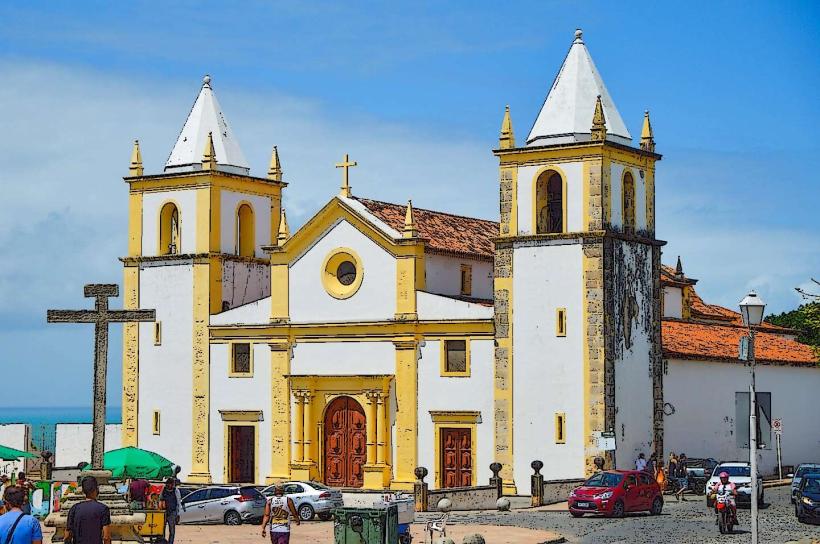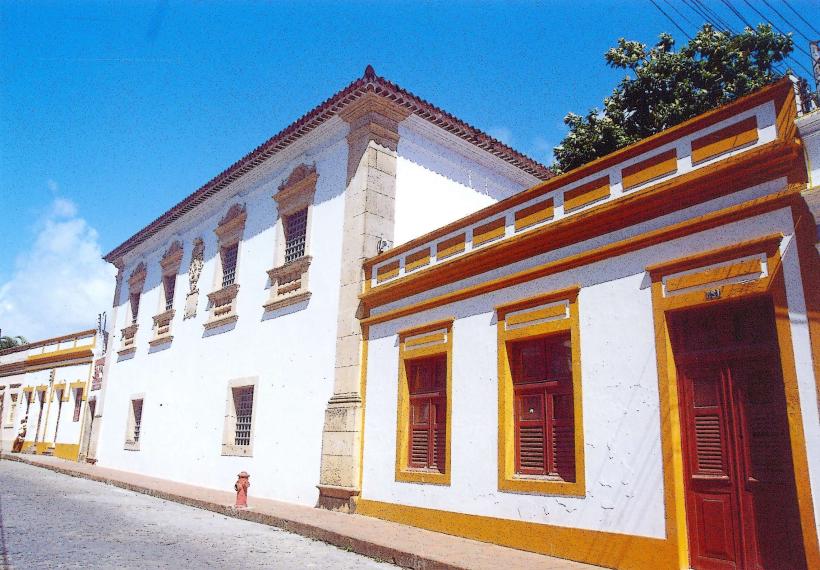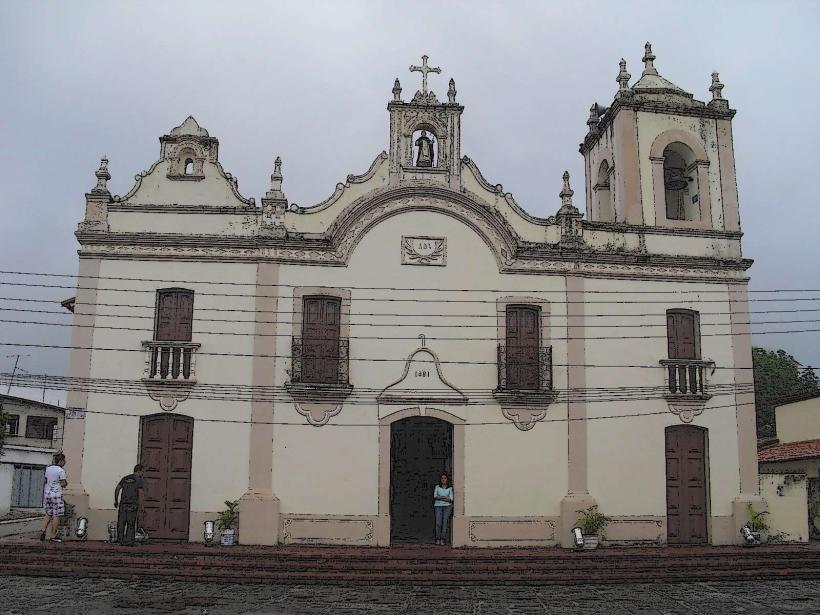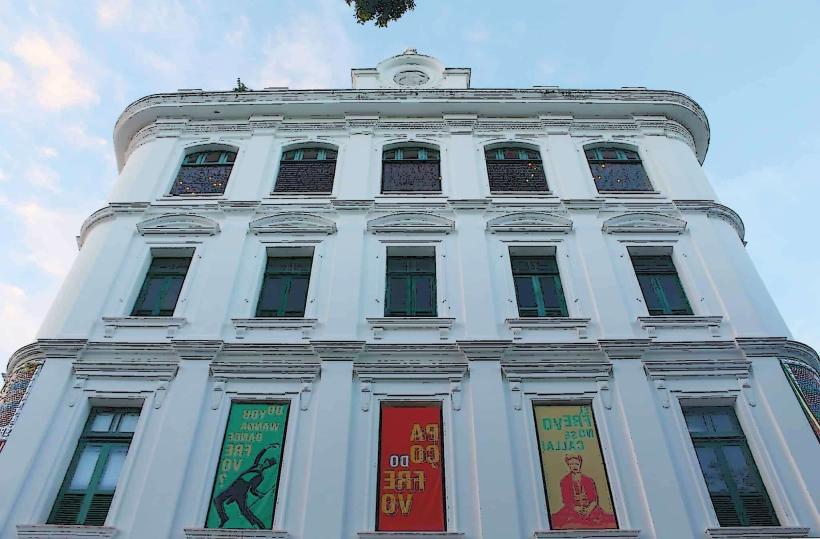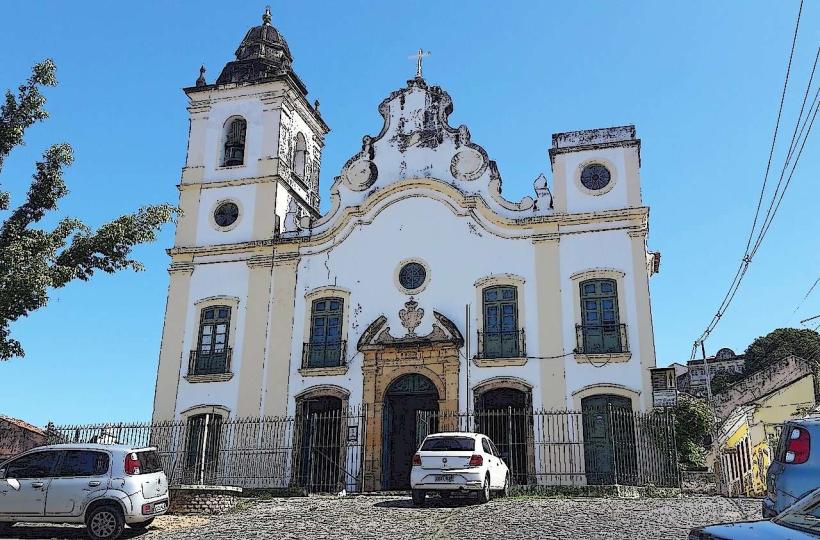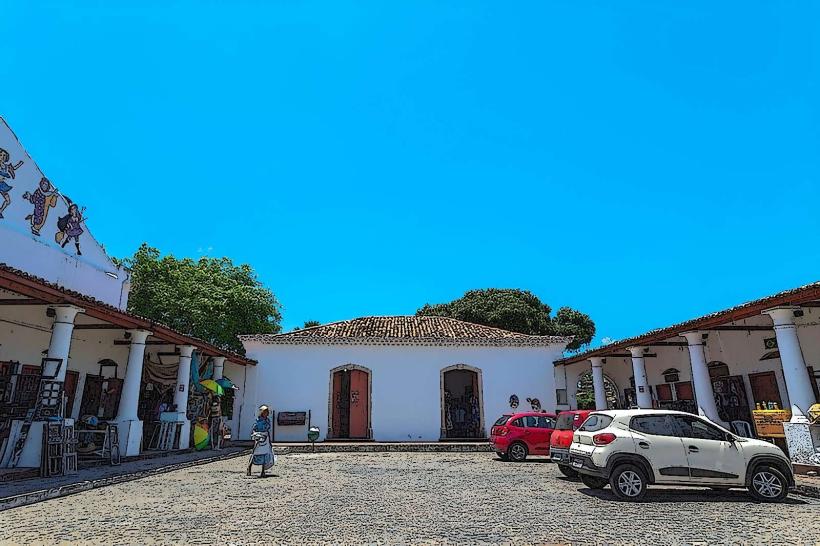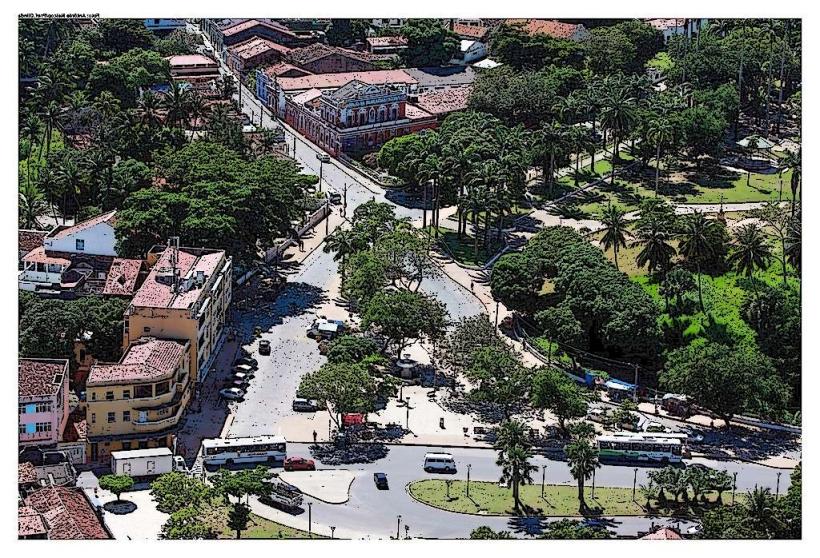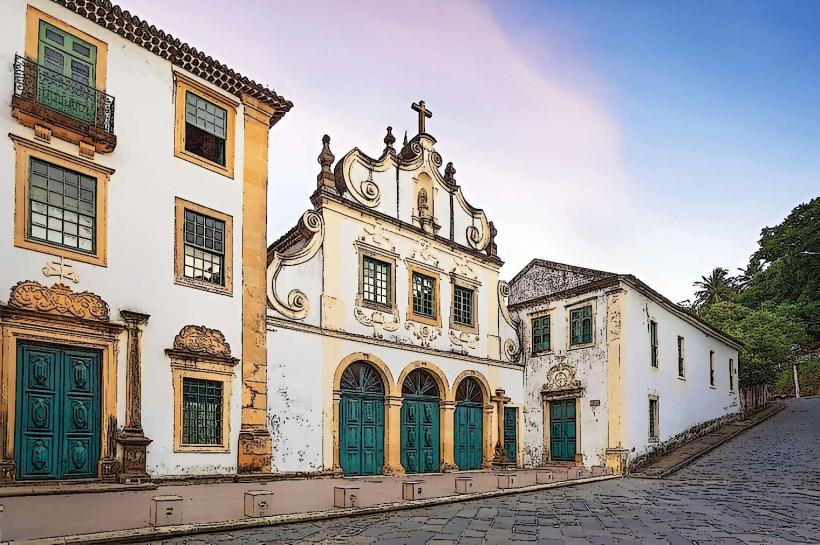Information
Landmark: Historic Centre of OlindaCity: Olinda
Country: Brazil
Continent: South America
Historic Centre of Olinda, Olinda, Brazil, South America
Ba Na Hills is a mountain resort complex located west of Da Nang, Vietnam.
Visual Characteristics
The resort features French-inspired architecture, including stone castles, churches, and villages constructed with yellow and grey facades. The Golden Bridge, a prominent feature, is a 150-meter-long pedestrian bridge supported by two large concrete hands. The landscape includes manicured gardens and forested slopes.
Location & Access Logistics
Ba Na Hills is situated approximately 25 kilometers southwest of Da Nang city center. Access is primarily via the Ba Na Hills Cable Car, one of the longest non-stop single-track cable cars in the world. The nearest major road is National Route 14G. Parking is available at the base station of the cable car. No direct public bus lines serve the resort; transport typically involves private taxis or pre-booked tours from Da Nang.
Historical & Ecological Origin
Ba Na Hills was originally developed as a hill station by the French colonial administration in 1919. It served as a retreat for French officials seeking cooler temperatures. The area is part of the Trường Sơn mountain range, characterized by its elevation and subtropical climate.
Key Highlights & Activities
Visitors can walk across the Golden Bridge. The French Village offers themed entertainment and dining. The Linh Ung Pagoda houses a large white Buddha statue. Various gardens, including the Le Jardin D'Amour, are accessible. Indoor amusement park attractions are also available.
Infrastructure & Amenities
Restrooms are located throughout the resort. Shaded areas are provided by structures and trees. Cell phone signal (4G/5G) is generally available. Food vendors and restaurants are present within the resort complex.
Best Time to Visit
The best time of day for photography, particularly of the Golden Bridge, is early morning before peak crowds arrive, offering softer light. The dry season, from February to August, generally provides favorable weather conditions. High tide is not a relevant factor for this mountain location.
Facts & Legends
A local legend suggests that the mountain's cool climate and unique flora were once believed to possess healing properties, leading to its initial development as a sanatorium.
Nearby Landmarks
- Son Tra Peninsula (approx. 15km Northeast)
- Marble Mountains (approx. 20km East)
- My Khe Beach (approx. 22km East)
- Dragon Bridge (approx. 24km East)
- Han Market (approx. 25km East)

